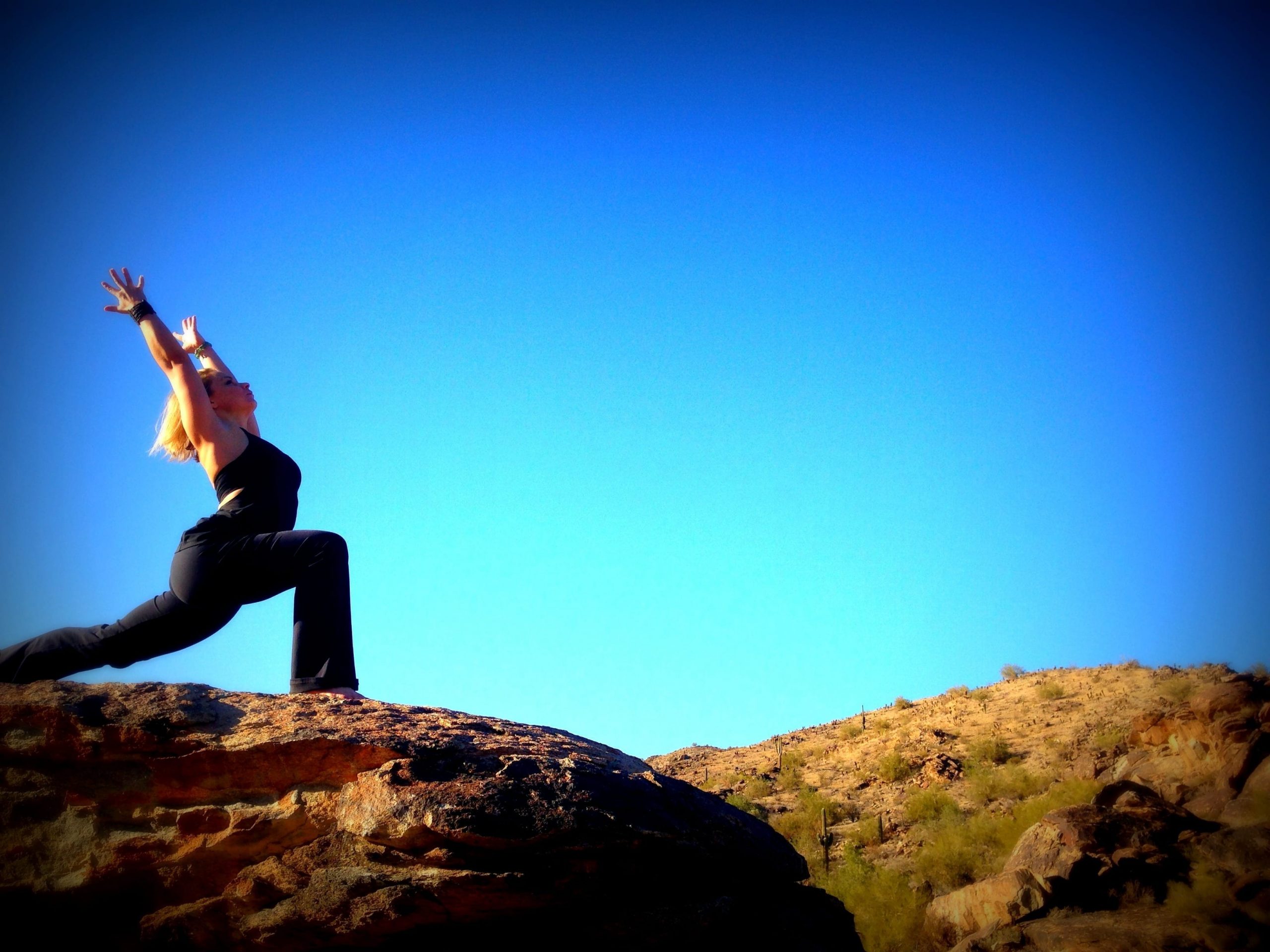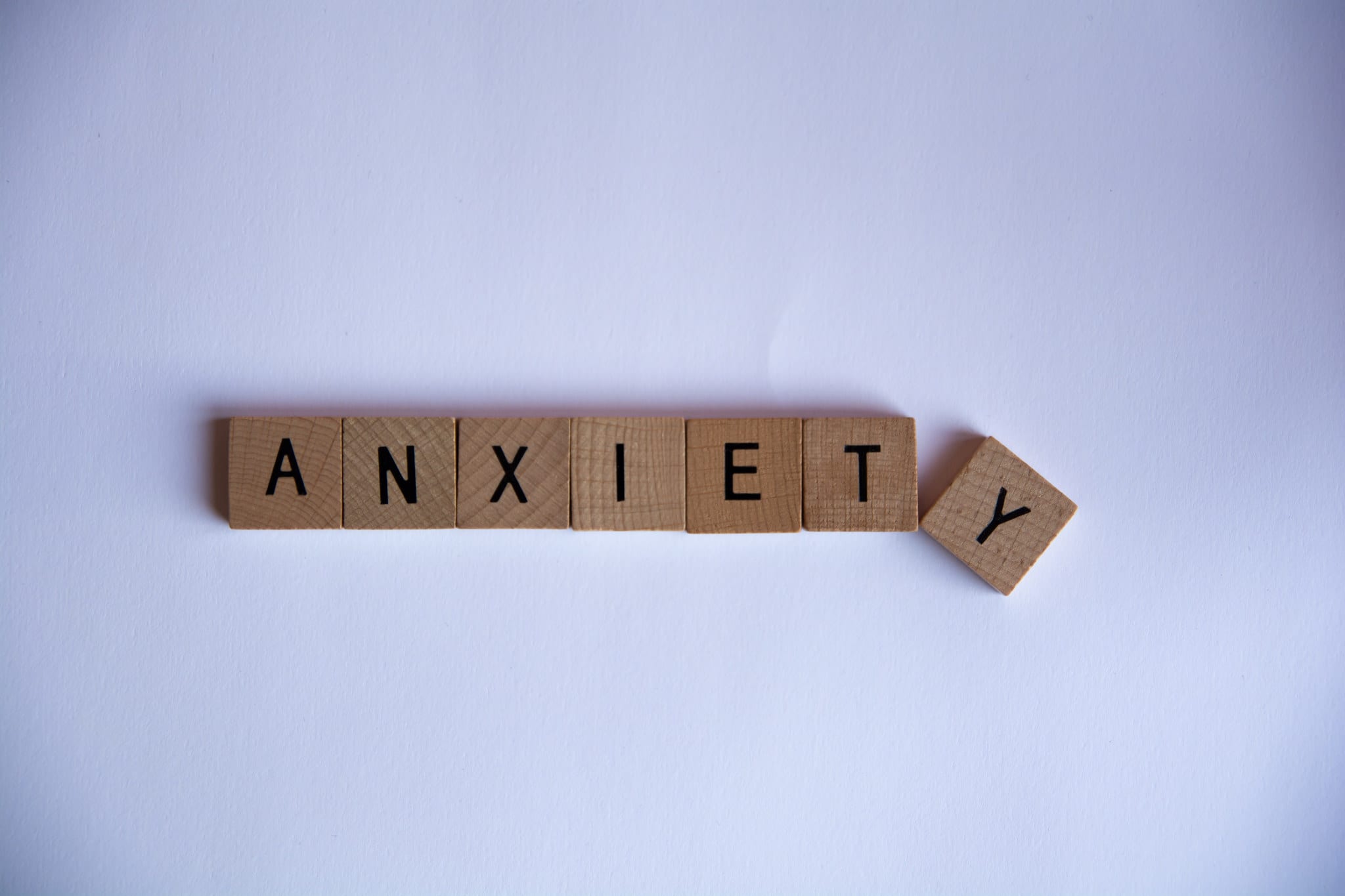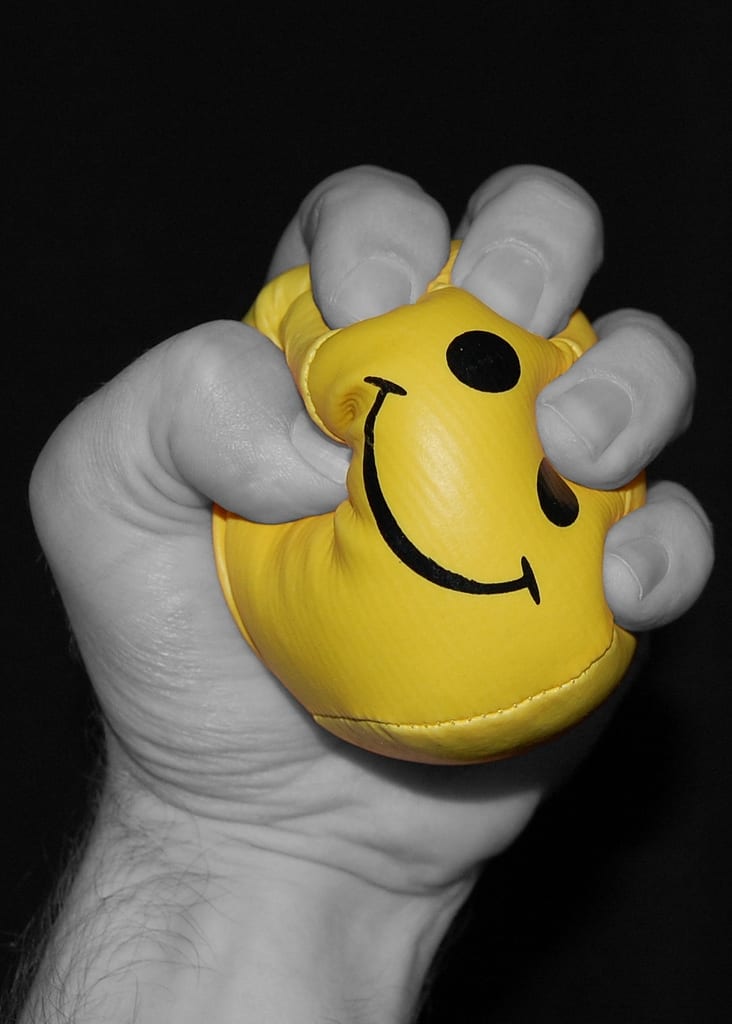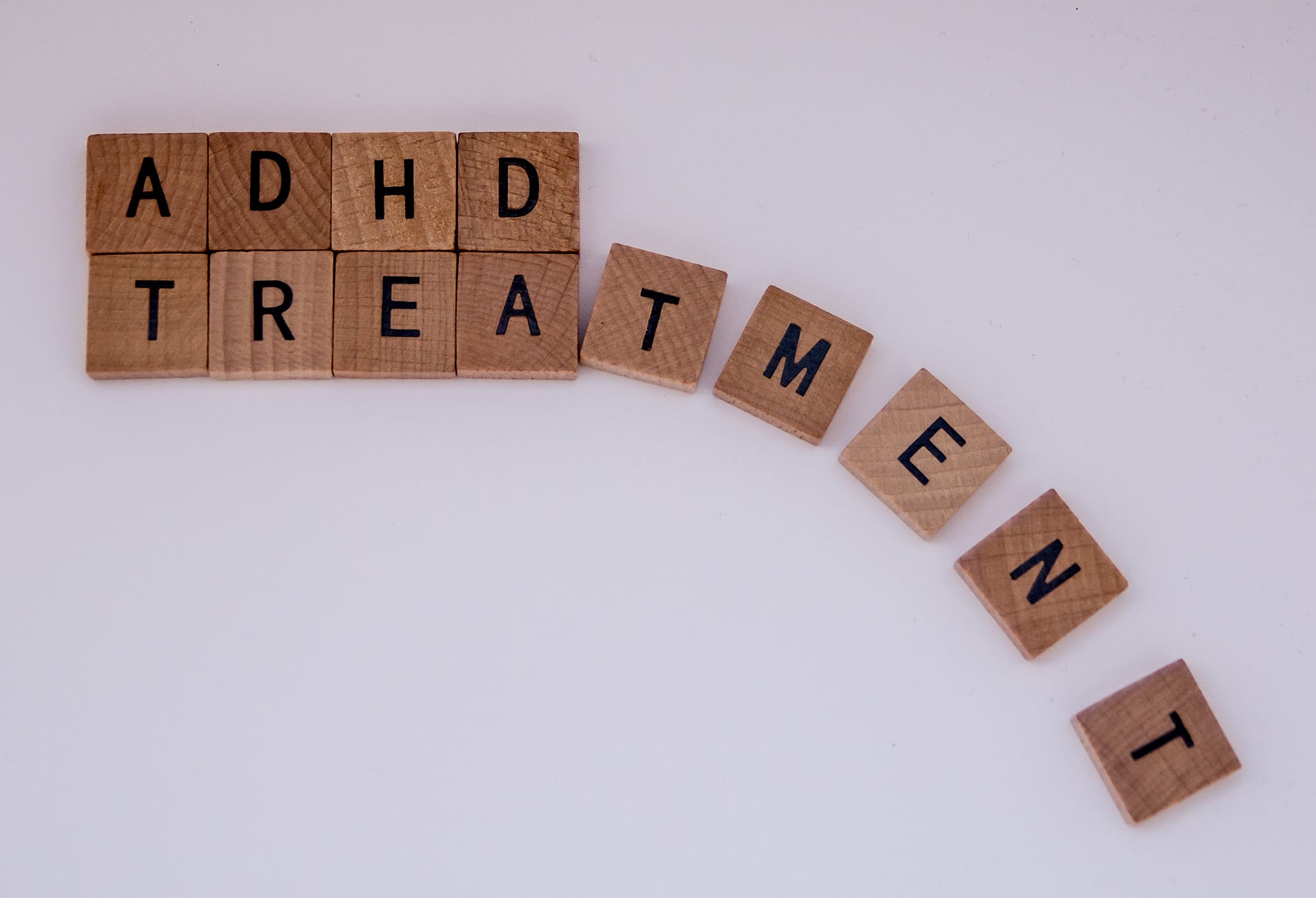It’s commonly known that regular exercise supports your physical health, but did you know that exercise is also a fantastic way to improve your mental health? Studies have proven, that regular exercise helps to reduce depression, ADHD, anxiety and stress. It also helps you to sleep better, being happier and increasing your mental capacities.

Before you think: “I don’t have the time, dedication or energy to run, do yoga or visit the gym every day.” You don’t have to be a fitness freak to benefit from sport. Even a modest amount of exercise helps a lot.
Can regular Exercise help against Depression?

Take a look at this and see it for yourself. It’s proven that exercise helps against mild to moderate levels of depression as good as antidepressant medications do. The benefits: You don’t suffer from various side effects like weight gain, loss of sexual desire or insomnia.
On the contrary, regular exercise burns fat, improves sex life and helps you to sleep better. As if this isn’t good enough, researchers demonstrated that regular exercise helps to prevent depression. Maximum Vibrance Review can help you to feel better and lose weight.
All in all, exercise is an amazing weapon to fight depression. It promotes neural growth, decreases inflammation and adds new patterns which lead to happiness and calmness.
Your body releases endorphins while exercising, a chemical component that makes you feel energized and happy. A lack of endorphins is often linked to depression.
And the last reason why exercise is so good at fighting depression: It distracts you! Depression is often fed through negative thinking and overthinking. Running a few miles or cycling to your work instead of using the car, can help you to break through the cycle of negative thinking.
How good is it against Anxiety?

Exercise works like a charm. A workout relieves stress, boost mental energy and enhances happiness through the power of endorphins. Basically everything from swimming, cycling to running or doing yoga will benefit you, but you should pay attention to your workout to gain the most of it.
Wanna try running? Focus on your feet hitting the ground, the heat in your chest, the sun on your face and the beating of your heart. Keeping your attention to your body instead of your worries and insecurities.
It won’t take a lot of time until you become addicted to doing your workout or at least you will look forward to it and not see it as a burden.
Is Exercise a good Stress Killer?

One of the best! You already know that exercise releases endorphins which are beneficial against depression and anxiety, but this wonderful hormone has another advantage.
Endorphins help to relax your body and take the tension out of your muscles. Many people complain about tension in neck, shoulders, back or neck, when suffering from stress. Headaches and insomnia are also popular symptoms.
All this pain and discomfort leads to further stress, creating a cycle between your body and mind. Exercise helps to break through this cycle.
Is Exercise helpful against ADHD?

People suffering from ADHD often get medications such as Adderall or Ritalin. Both of them increase focus and attention, but come with numerous side effects. You can get the same results with regular exercise.
A good workout increases your dopamine, serotonin and norepinephrine levels. All of these hormones enhance attention-span and focus.
Can a Trauma be beaten with Regular Exercise?
Some studies indicate that exercises which involve both legs and arms such as running, swimming, weight lifting or dancing reduce characteristic symptoms of PTSD and trauma.
By paying high attention to your movement you can help your nervous system to break out of the stress responses of PTSD or Trauma. Other activities like sailing, hiking, snowboarding or climbing also decrease the symptoms of trauma.
It should be stated that exercise is NOT a replacement for a proper PTSD-Treatment. Moreover it works as a part of a bigger therapy.
What if I can’t Overcome the Obstacles to Exercise?

All great promises in the world won’t help you, if you don’t know how to take the first step. And that’s easier said than done, especially if you are struggling with mental health. Here are the most common problems people face and what you can do against them:
Feeling Tired
People who suffer from stress or depression often lack the energy to exercise. But it’s proven that sport helps against constant tiredness. If you don’t have the energy for a 20 minute workout, take a step outside and do a 10 minute walk. I am confident that you are going to feel better after a short walk.
Being Too Busy
When you are depressed or stressed it’s hard to schedule another obligation to your responsibilities. A short workout can feel like one, if you have to take care of your children or when you don’t have a lot of free time.
Remember: Exercise will boost your energy in the long term. Try to add little workouts through your day. Take your bike instead of your car, use the stairs instead of the lift, take a walk in your break or do a quick morning workout.
Feeling Down
You don’t need any requirements to start exercise. If you don’t have the energy to invest in research just do 50 pushups over your day and increase the repetitions by 10 every week.
I promise you that it won’t take long until you feel results.
Feeling Pain
If you suffer from painful health conditions talk to your healthcare provider about safe ways to exercise. You should never ignore the warning signs of your body.
Exercising in water could be a solution. Many overweight people or patients who recover from a serious injury use the benefits of water exercises.
